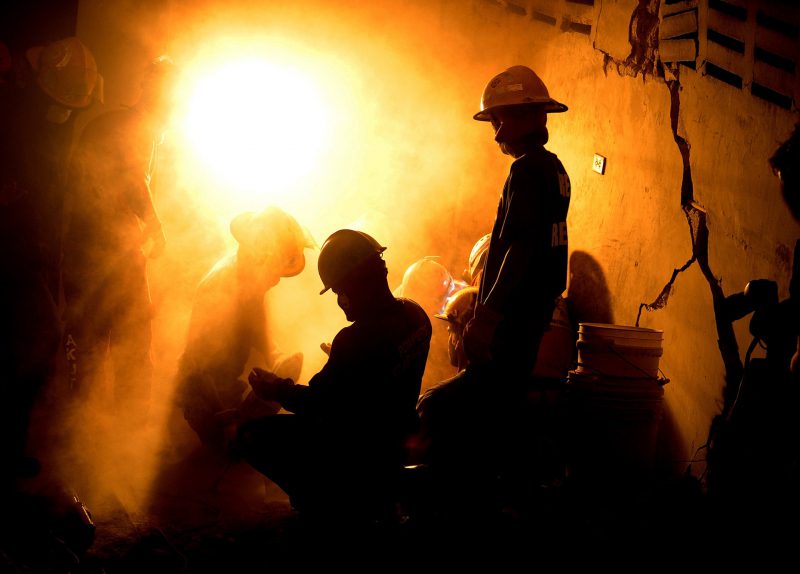The death toll from the tragic Turkey-Syria earthquake continues to rise. Amidst this, speculations regarding the location of the next possible earthquake began surfacing. While the world is still recovering from the horrific earthquake earlier this week, India, Pakistan, and Afghanistan could be next in line.
Three days prior to the Turkey-Syria earthquake, a Dutch researcher Frank Hoogerbeets took to Twitter to predict this occurrence. More recently, he shed light on seismic activities taking place in India, Pakistan as well as Afghanistan.
In a video that has now gone viral, Hoogerbeets noted that an earthquake with high magnitude will start in Afghanistan. This activity would then shift to Pakistan and India while finally ending in the Indian Ocean.
As seen in the above-mentioned video, the Dutch researcher says,
“…these areas could be next candidate for larger seismic activity if we look at the atmospheric fluctuations but again keep in mind that these are rough estimates and not all large earthquakes leave a footprint in the atmosphere they do not always announce themselves.”
However, it should be noted that atmospheric fluctuations cannot always detect major earthquakes. Hoogerbeets pointed out that these estimations were rather tentative.
Pakistan dismissed these claims. The Pakistan Meteorological Department [PMD] Director Shahid Abbas stated,
“There is no scientific basis for earthquake predictions. Pakistan has its own state-of-the-art monitoring system which is keeping an eye on the aftershocks in Turkiye and Syria.”
Hoogerbeets’ initial prediction about the Turkey-Syria earthquake
An earthquake of 7.8 magnitude took place on Monday in Turkey and Syria. The death toll has crossed 16,000 as rescuers continue to get into the debris looking for survivors. The earthquake occurred on Feb.6. Hoogerbeets took to Twitter on Feb.3. highlighting the possibility of an earthquake of 7.5 magnitude.
While several called out the researcher for his latest prediction, a majority of them were grappling with fear.





